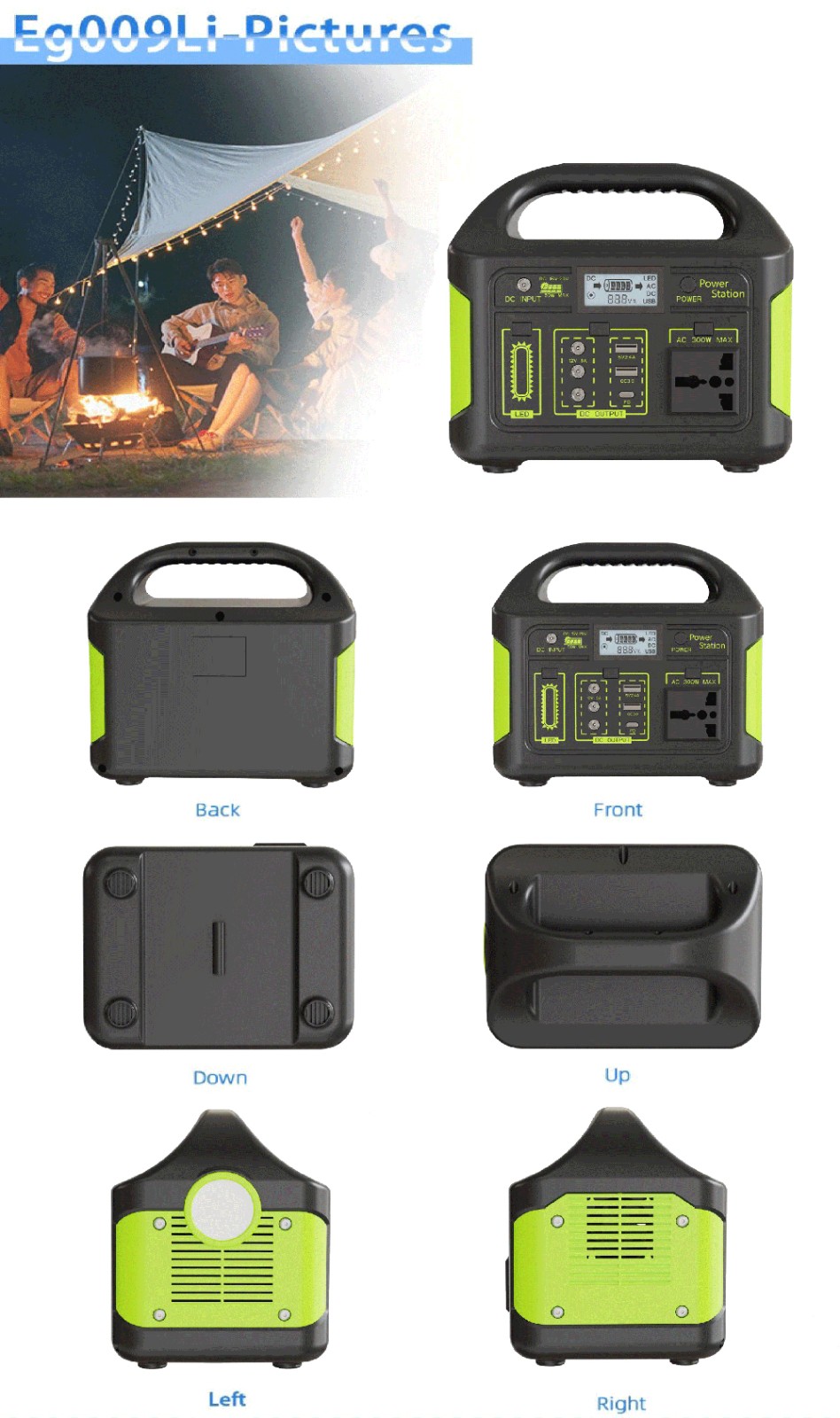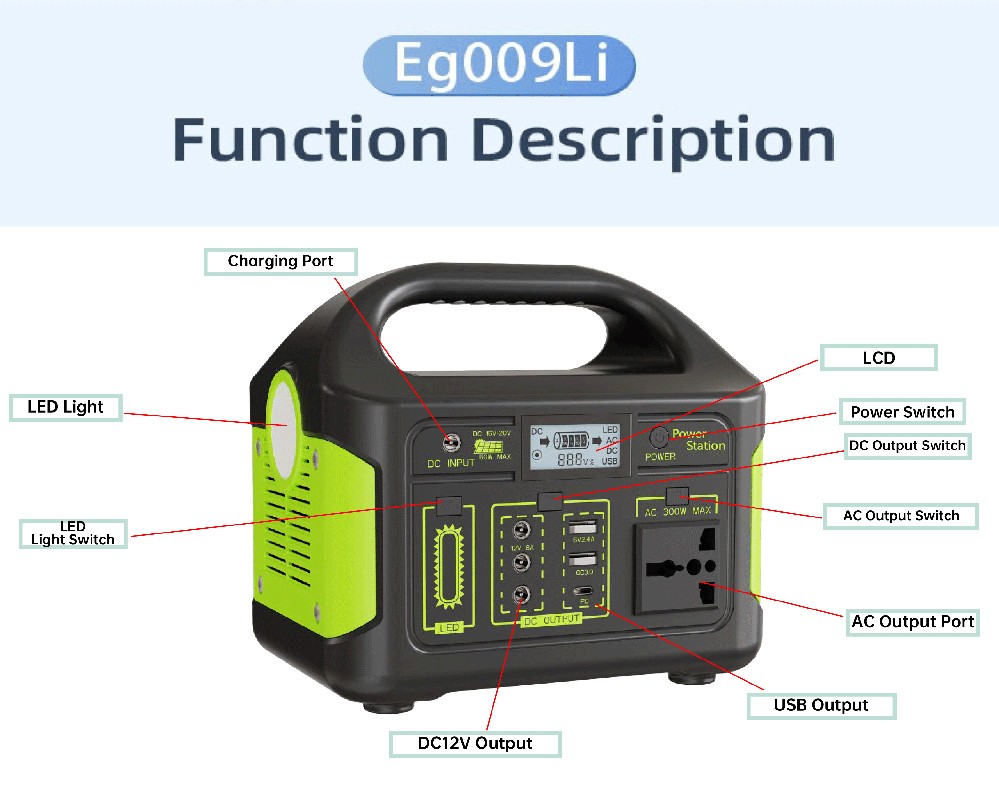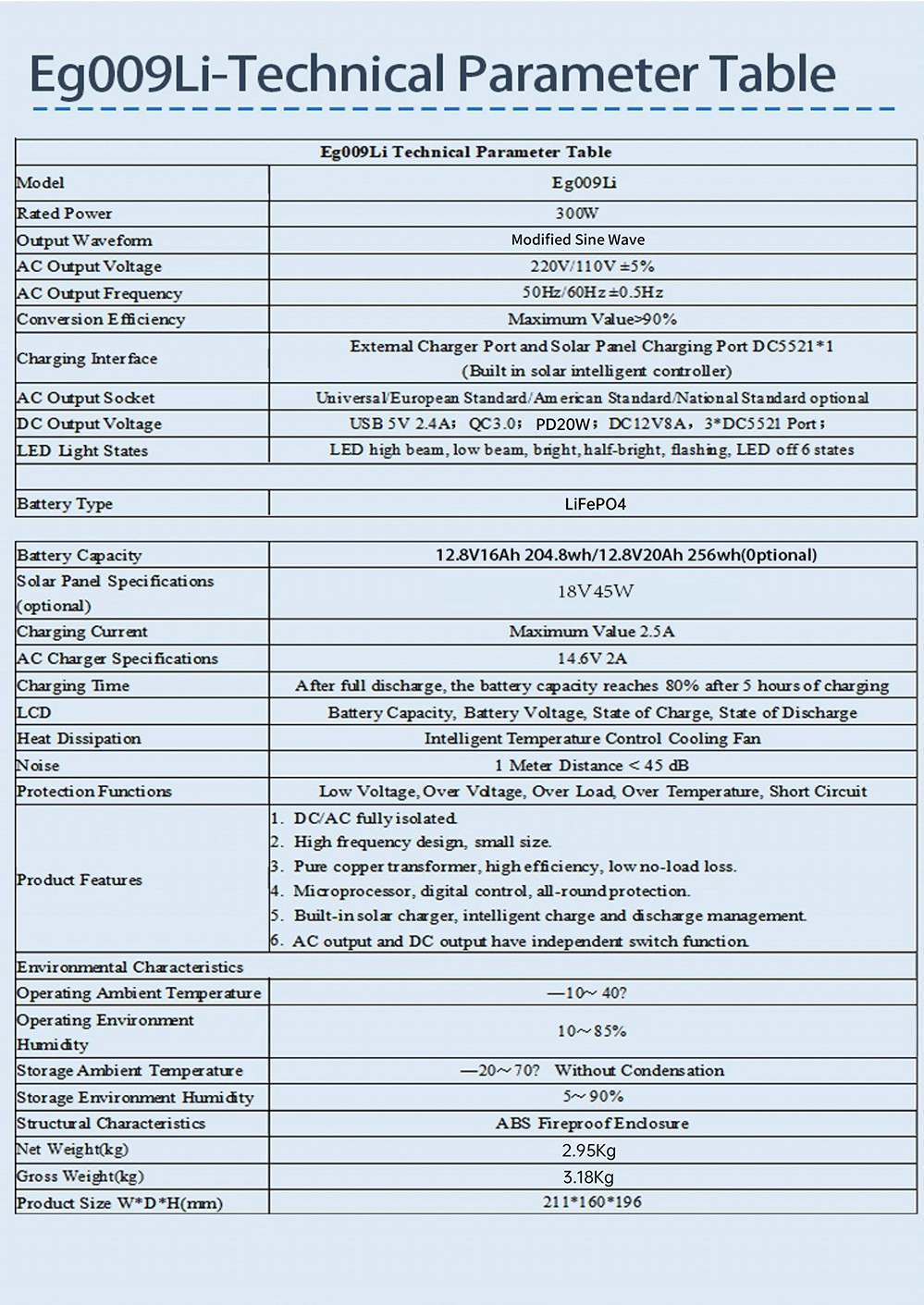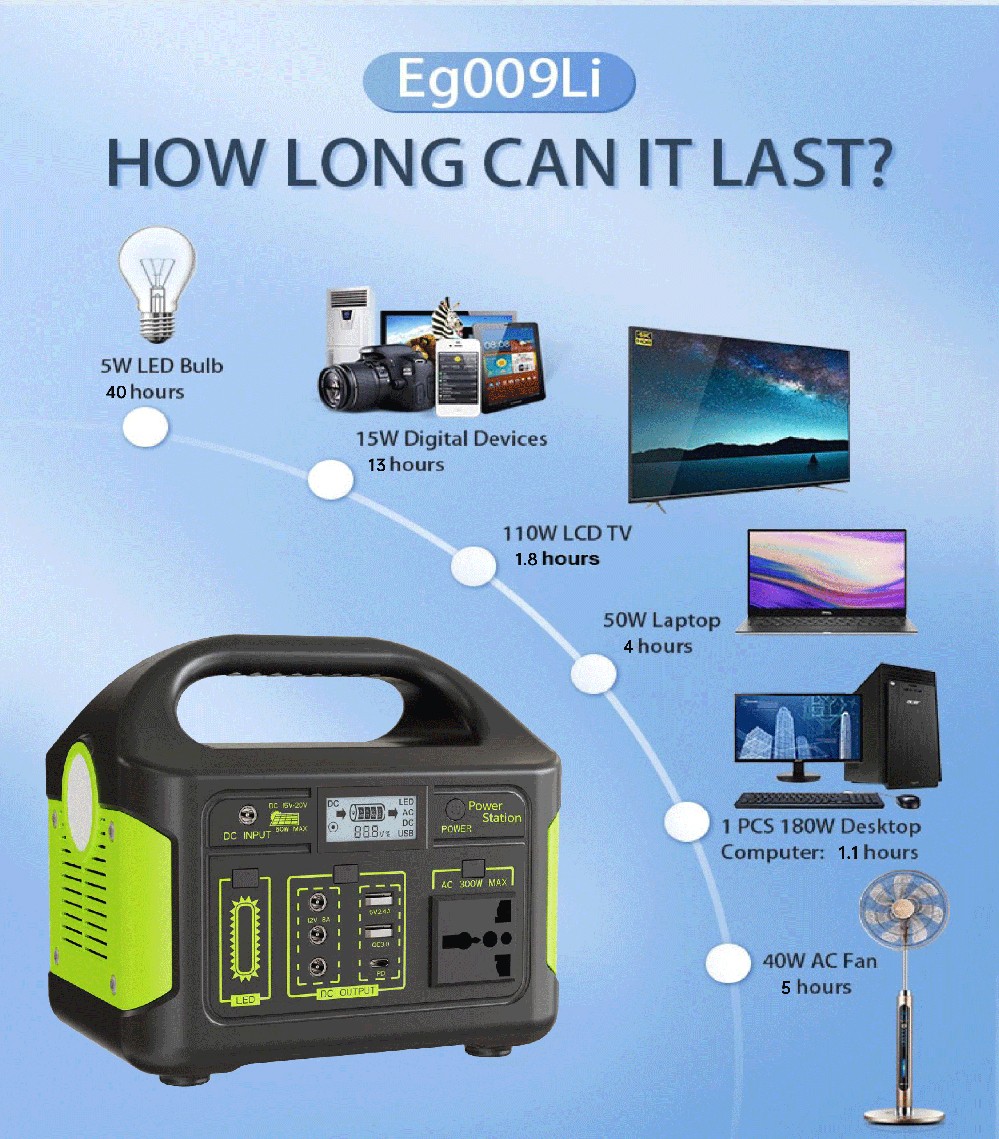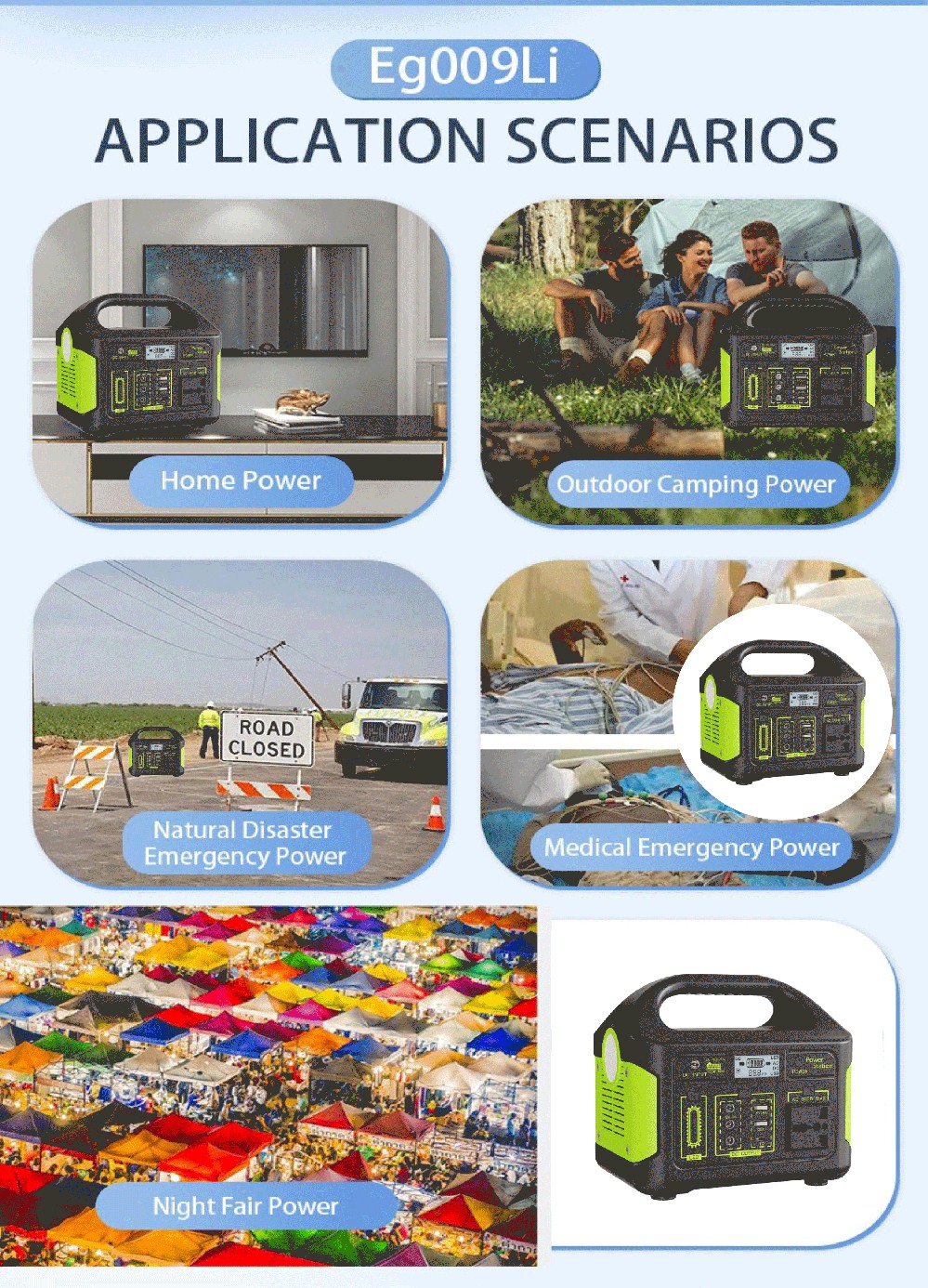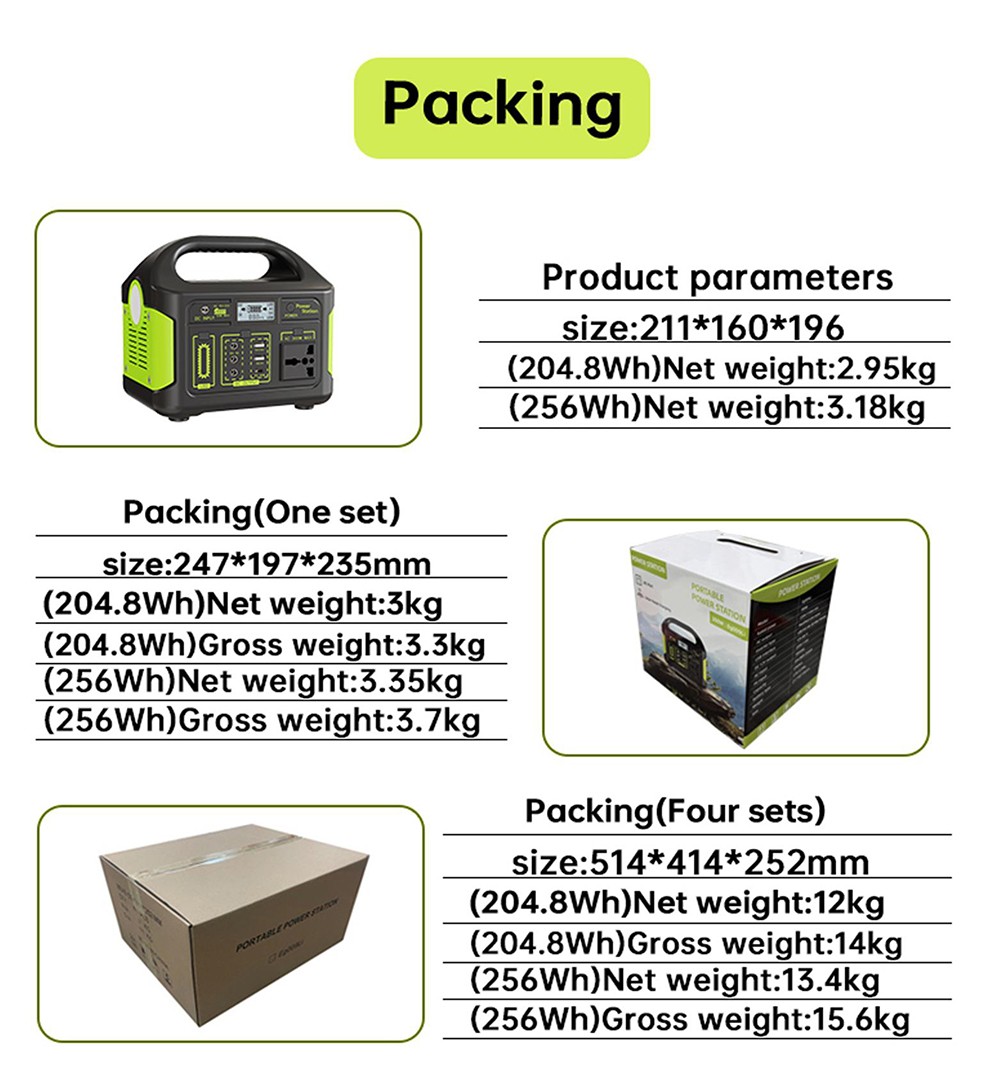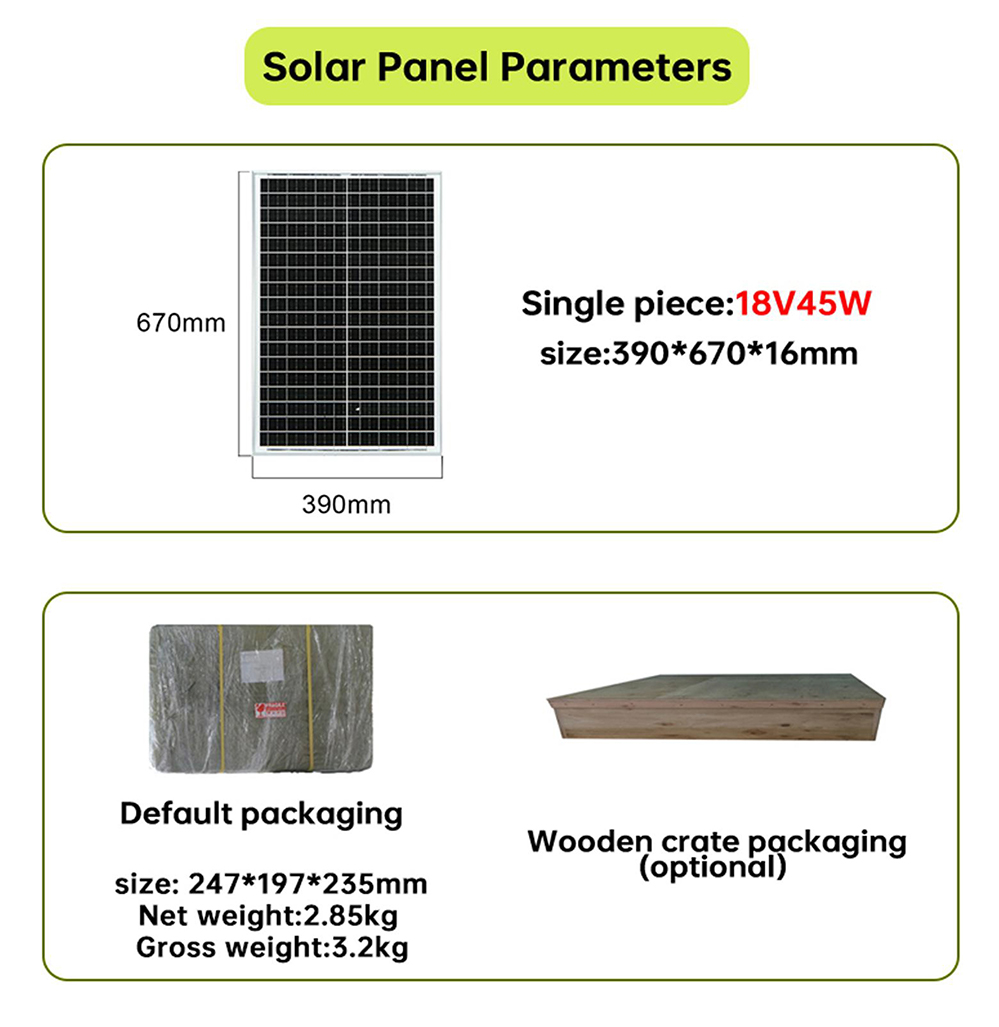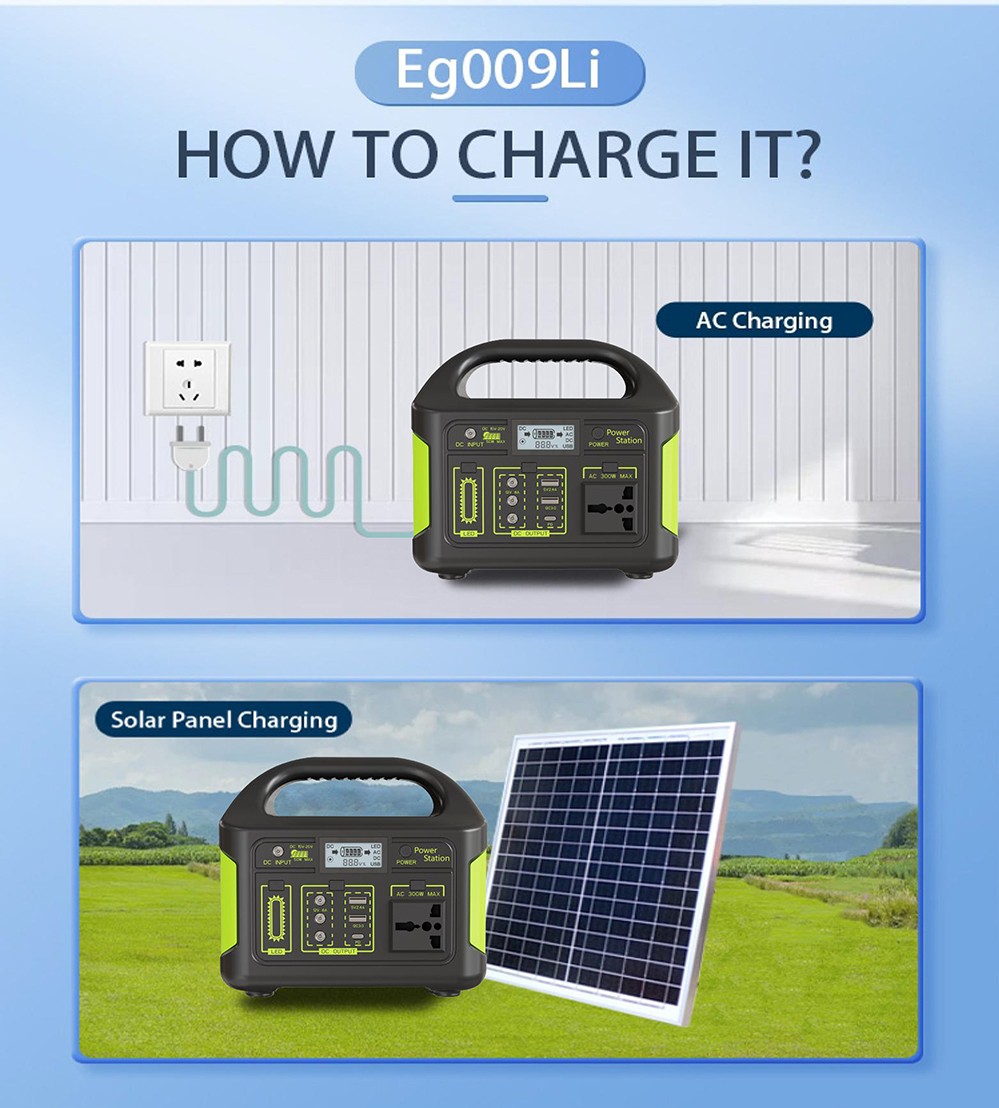Higher safety
1. Stable chemical structure: The positive electrode material (LiFePO₄) of lithium iron phosphate batteries has a more stable crystal structure, which is not prone to thermal runaway under extreme conditions such as high temperature, overcharging, and short circuit, effectively reducing the risk of fire and explosion.
2. High temperature resistance: Its thermal peak can reach 350-500℃, which is much higher than ternary lithium batteries (about 200℃), and it is less likely to cause safety hazards in outdoor or complex environments.
3. Application scenario adaptation: Portable power station equipment is often used in home, outdoor and other scenarios. Safety is the primary consideration, especially when charging indoors, the low risk of lithium iron phosphate is more in line with the needs.
Longer cycle life
1. Cycle number advantage: The cycle life of lithium iron phosphate batteries is usually more than 2,000 times (some high-quality models can reach 5,000 times), while ternary lithium batteries are generally 1,000-1,500 times, which means it is more durable in long-term use.
2. Low attenuation rate: Lithium iron phosphate has a stronger capacity retention after multiple charge and discharge, and is suitable for energy storage devices that require frequent charge and discharge.
Cost and cost performance
1. Low material cost: The positive electrode material of lithium iron phosphate does not contain rare metals such as cobalt, the raw material cost is lower, and the supply chain is more stable5.
2. Reduced maintenance cost: Due to its long life and stability, the frequency and cost of replacing batteries in the later stage are significantly lower than those of ternary lithium batteries.
Strong environmental adaptability
1. Wide operating temperature range: The operating temperature range of lithium iron phosphate batteries is -20℃ to 75℃, and its performance is more stable in high temperature environments, while the capacity of ternary lithium batteries decays faster at low temperatures.
2. Environmental protection: Lithium iron phosphate materials are non-toxic and more recyclable, meeting green environmental protection requirements.
Trade-off between energy density and volume
1. Low energy density: Although the energy density of ternary lithium batteries is higher (about 200-250Wh/kg), the energy density of lithium iron phosphate (140-160Wh/kg) can still meet the needs of portable power station equipment, and the gap can be made up by optimizing system design (such as increasing volume).
2. Volume and weight acceptance: Portable power station equipment is less sensitive to volume and weight than electric vehicles and other scenarios, so it focuses more on safety and life rather than extreme lightweight.
Application scenario requirements
Portable power stations are often used in outdoor camping, home emergency and other scenarios. Users are in direct contact with the equipment, and safety is the primary consideration. The "non-flammable" characteristics of lithium iron phosphate can greatly reduce the risk of fire, especially suitable for home environments with children or the elderly.
Stronger tolerance to overcharge/over-discharge
Ternary lithium batteries are sensitive to voltage. Overcharging (over 4.3V/cell) may directly cause electrolyte decomposition and gas production; while lithium iron phosphate can remain stable when overcharged to 4.3V, with a higher fault tolerance rate, reducing safety hazards caused by user misoperation or BMS failure.
